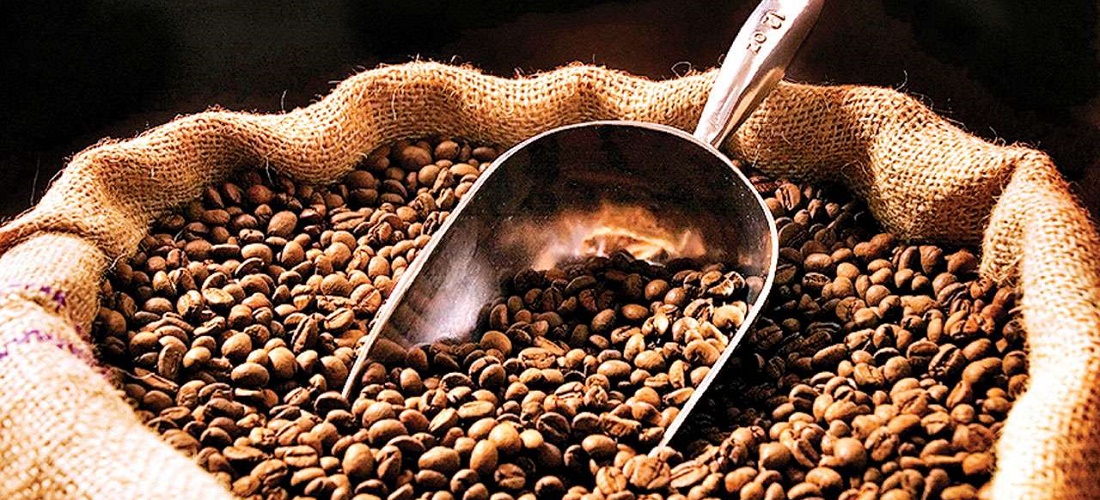
Frost dampens the impact of the fertilizer crisis on the coffee market
Mar, 07, 2022 Posted by Gabriel MalheirosWeek 202210
The cooperative Minasul, the second-largest coffee exporter in Brazil, saw a substantial increase in the national fertilizer demand as soon as the war broke out in Ukraine. In a matter of two days, the company sold the equivalent of R$ 40 million in fertilizers, revenue equal to the entire month of January in terms of this product, said the president of the cooperative José Marcos Magalhães.
All things considered, coffee growers were not the primary buyers of the 14,000 tonnes sold by Minasul in those days. Instead, most of it was acquired by cooperative members who produce soybeans, corn, beans, and wheat – that is, crops that have been gaining ground in the south and southeast of the state of Minas Gerais.
Coffee growers have been consuming fewer fertilizers in 2022 due to the weather problems they faced, mostly frosts that have been plaguing the region since July. The adverse weather conditions seen in 2021 have left them less exposed to the string of this year’s fertilizer shortage risks.
The cooperative, which is responsible for one of the main Arabica producing areas in the country, saw a productivity drop that ranged from 20% to 80%.
Please, check below Brazil’s exports of coffee from January 2020 onwards. The data are from DataLiner.
Brazilian Coffee Exports (HS 0901) | Jan 2020 – Jan Jan 2022 | WTMT
Source: Dataliner (click here to request a demo)
Adverse climate
Adverse weather conditions led to the pruning and elimination of trees, which reduced the use of fertilizers. Hence, at the moment, the most demanded nutrient phosphorus, the item that is currently the most available in the market.
“Phosphorus is used to grow trees, and potash is used to enlarging grains,” explains Magalhães. Potash demand should return to normal from 2023 onwards.
Minasul forecasts 34 million bags of Arabica for this year’s Brazilian crop, which is less than Conab’s prediction of 39 million bags.
The cooperative anticipates selling 160 thousand tonnes of fertilizer in 2022, a 28 increase over last year. The majority of this sum will be used by cereal farmers in the region and the remainder by coffee growers. Soybean, corn, bean, and wheat growers controlled 60% of the 125 thousand tonnes sold in 2021.
In addition to raising concerns about the availability of potassium for coffee plantations, the war in Ukraine is also a potential threat to the supply of ammonium nitrate, of which Russia is practically the only supplier to Brazil.
Source: Valor Econômico
To read the full original article, please see: https://valor.globo.com/agronegocios/noticia/2022/03/07/no-cafe-geada-diminui-acao-da-crise-de-adubos.ghtml
-
Ports and Terminals
Sep, 23, 2022
0
Pesticide imports up 95% at Paranagua Container Terminal
-
Other Logistics
Dec, 22, 2021
0
McDonalds in Japan faces rations due to drop in imports from Canada
-
Economy
Jan, 26, 2020
0
Brazil’s Inland Revenue modernizes transit cargo instructions
-
Shipping
May, 31, 2021
0
Suez blockade case postponed to extend compensation negotiations

